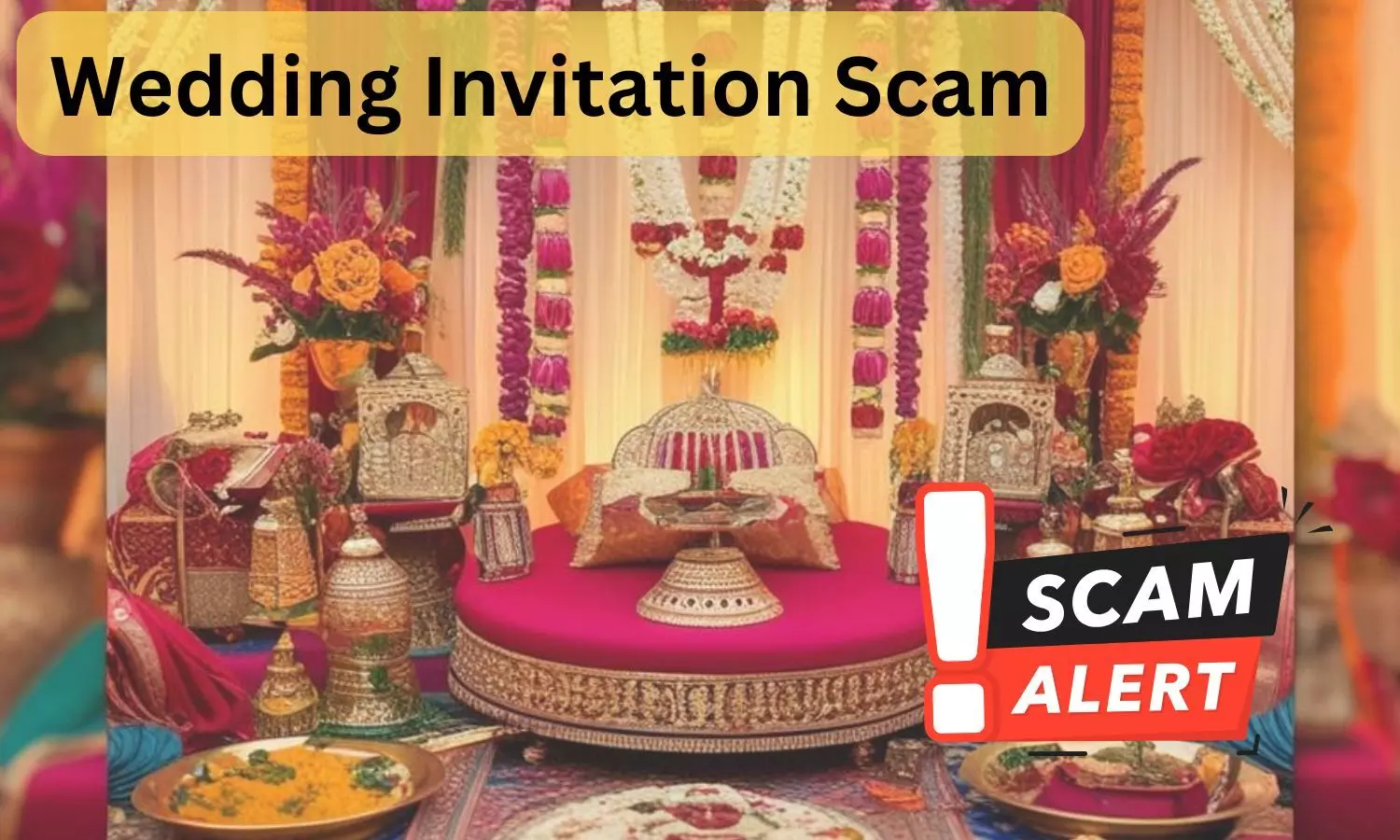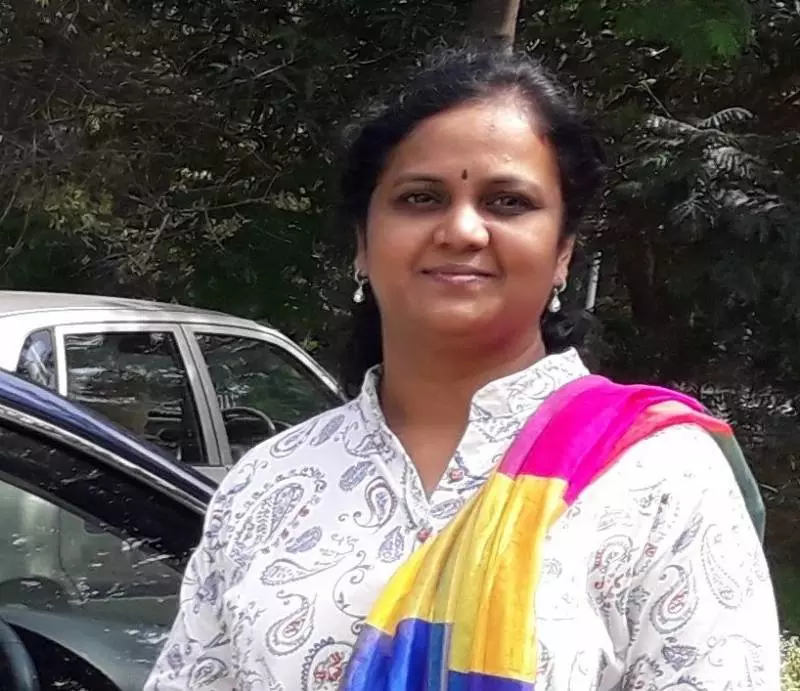The latest in cybercrime – Wedding Invitation Scam!
Wedding season in India is typically from November to mid-December and mid-January to July. The most popular and

Wedding season in India is typically from November to mid-December and mid-January to July. The most popular and auspicious season is October-February. Planning an Indian wedding is a hectic job. Booking a venue, sending invitations, ordering food and decoration arrangements are some of the most important things to keep in mind while planning a wedding.
In India, the family finalizes the wedding invitations and sends them in person or by mail to the near and dear ones, weeks in advance. But, with advancement in technology a more convenient and quicker way of inviting friends and family has come up, Whataspp invitations.
The younger generation is using WhatsApp to send invitations, instead of the traditional invitation cards. However, this rising trend has attracted the attention of cybercriminals, who are using it to launch a new type of scam. A seemingly harmless way of sending invitations is now becoming a tool for cyber criminals, with the potential to compromise on both the device and the data.
According to a report by News 18, scammers are now sending malicious wedding invitations via WhatsApp in the form of APK files. When unsuspecting recipients download these files, their phones become infected with malware that grants cybercriminals full access to their devices. Once the malware is activated, hackers can send messages from the infected phone, steal personal data, and even extort money, all without the owner’s knowledge.
How the Wedding Invite Scam Works
Firstly, the victim receives a WhatsApp message from an unknown number, with an attachment claiming to be a wedding invitation. It appears legitimate to open, but actually contains harmful APK files which is downloaded as soon as clicked on. These APK files can install applications that can monitor the activity on the phone like UPI payments, passwords to email accounts, etc. It can even hijack the phone’s functions.
The fraudsters can also use the compromised device to send fraudulent messages to other contacts, requesting money or other sensitive information. They can later use this information to extort money from you or other contacts.
Himachal Pradesh Police Warns Public
Himachal Pradesh cyber police have issued a warning advising residents to be cautious of such messages from unknown numbers. Do not download any files sent from unfamiliar sources, especially APK files often used to install malware.
In a statement given to News 18, senior police officer Mohit Chawla, Himachal Pradesh State CID and Cyber Crime Department, stated “If you receive an unsolicited wedding invitation or any file from an unknown number, do not click on it. Ensure you verify the sender and the file before downloading anything onto your phone,"
Precautions are necessary:
When a file is received on your phone, you can identify the type of file by its extension. For example, if a PDF file named "Wedding Invitation" is sent, it will appear as "Invitation.pdf", and if it is an image file, it will appear as "Invitation.jpg". Similarly, if it is an APK file, it will be shown as "Wedding Invitation.apk".
Under no circumstances should you download files with the **.apk** extension.
Even if the message is from someone you know, always review it carefully before opening it.
If you click on an APK file, a dangerous file might appear on your screen. Avoid downloading such files at all costs.
While vigilance is important to protect oneself, if you ever fall victim to this or any other cyber scam, do not stay quiet. Report the cyber fraud by dialing 1930, a national helpline for cybercrime, or by visiting the official government portal https://cybercrime.gov.in to register a complaint.


